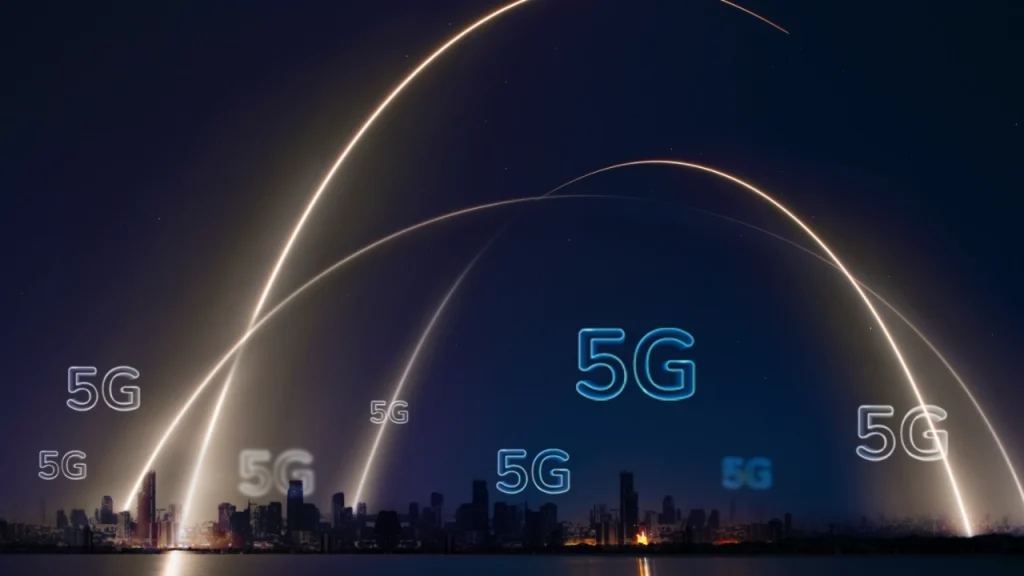- Ericsson and Thailand’s Digital Economy Promotion Agency extend partnership to accelerate industrial 5G adoption.
- The collaboration supports smart manufacturing, innovation hubs and digital transformation across Thailand’s economy.
What happened: Ericsson and DEPA extend 5G collaboration
Ericsson has signed a renewed strategic partnership with Thailand‘s Digital Economy Promotion Agency (DEPA) to accelerate 5G-driven industrial innovation across the country. The agreement was announced at the ‘Thailand Digital Big Bang 2025′ event in Bangkok, a showcase for emerging digital technologies.
The extended collaboration builds on earlier joint initiatives to explore use cases in smart manufacturing, robotics, and Industry 4.0 applications. According to Ericsson, the partnership will establish 5G innovation hubs where enterprises, start-ups and universities can test and scale advanced connectivity solutions. DEPA will play a central role in coordinating government policy support and engaging local industries, while Ericsson contributes its global experience in mobile networks and 5G deployment.
In practice, the programme will allow Thai companies to trial applications such as remote machine control, real-time data analytics and automation processes. The initiative is aligned with Thailand’s national digital transformation strategy, which emphasises advanced connectivity as a foundation for long-term competitiveness.
Also read:KMUTT: Thailand’s first 5G unmanned electric bus launched
Also read:Knetco and Huawei drive Kuwait 5G advanced rollout
Why it’s important
The partnership is significant as it positions Thailand as a frontrunner in Southeast Asia’s race to harness 5G for industrial innovation. By enabling new levels of automation and efficiency, the initiative directly supports the government’s ‘Thailand 4.0′ policy, which seeks to diversify the economy and upgrade manufacturing capabilities.
Nuttapon Nimmanphatcharin, president and chief executive of DEPA, said the renewed agreement “reinforces Thailand’s role as a regional hub for 5G-based innovation and provides opportunities for local businesses to thrive in a connected economy.” Arun Bansal, head of market area Southeast Asia, Oceania and India at Ericsson, added that the collaboration “brings global expertise together with local ambition to deliver real industrial impact.”
The strategy is not without challenges. Developing viable use cases and ensuring adoption among small and medium-sized enterprises will require significant investment and capacity-building. However, the government’s proactive involvement and Ericsson’s track record in large-scale deployments suggest a positive trajectory. The move reflects a broader trend in Asia, where telecom operators and state agencies are joining forces to accelerate digital transformation.
Overall, the partnership should be viewed positively, as it lays a foundation for both economic resilience and technological leadership. By establishing innovation hubs and supporting industry adoption, Thailand is taking tangible steps towards a connected, future-ready economy.

